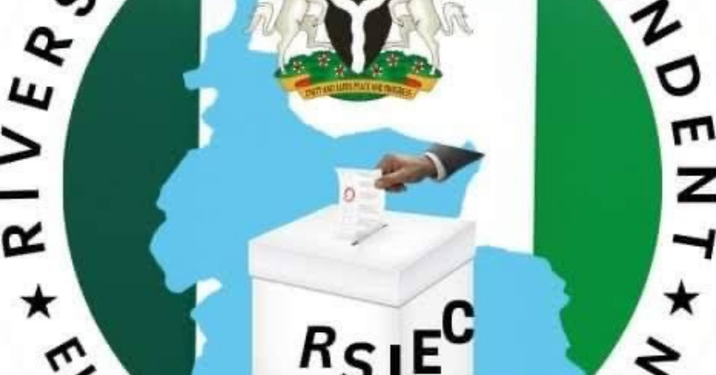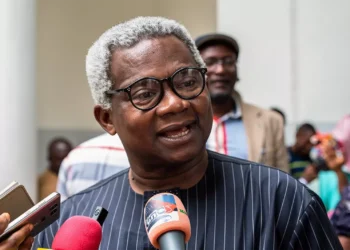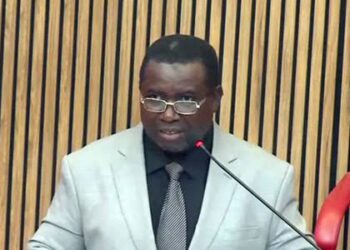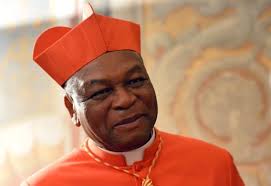On Friday, Governor Sim Fubara of Rivers State firmly declared that the local government elections will proceed as scheduled, despite opposition from the police.
Speaking at a gathering in Port Harcourt, Fubara expressed his determination to ensure the elections take place, emphasizing the importance of democracy in the region.
The governor openly challenged Inspector General of Police, Kayode Egbetokun, stating that he would not allow the police chief to prevent him from accessing the State Independent Electoral Commission (RSIEC) office.
“When it comes to Rivers State, things are different,” Fubara asserted. “I will not be stopped. If I hear any complaints, I will return because this is my responsibility.”
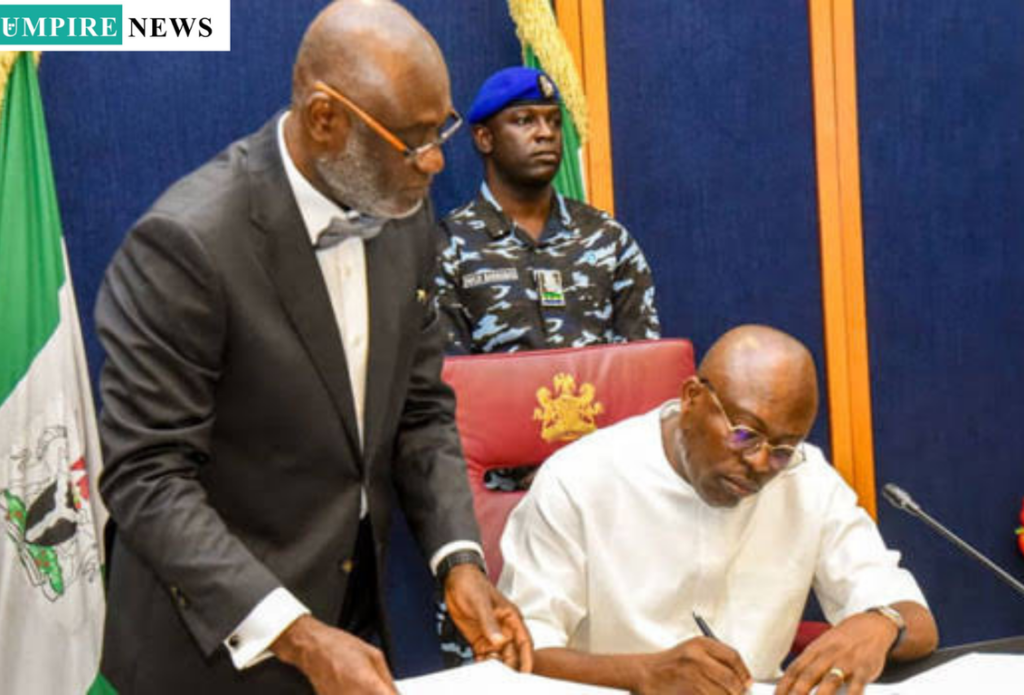
Fubara made it clear that he believes he has a duty to protect the electoral process in Rivers State.
He warned that the police do not have the authority to bar him from entering the RSIEC premises, saying, “Try it and it will become part of your history as a wicked IGP.” His fiery comments underscored the tension between the state government and law enforcement as the election date approaches.
The governor’s defiance comes in the wake of a statement from the Rivers State Police Command, which announced its intention to prevent the local government elections from taking place.
The Command referenced a restraining order it received that prohibits the police from providing security during the elections. This order is linked to a recent judgment from an Abuja Federal High Court that bars the police from participating in the election process.
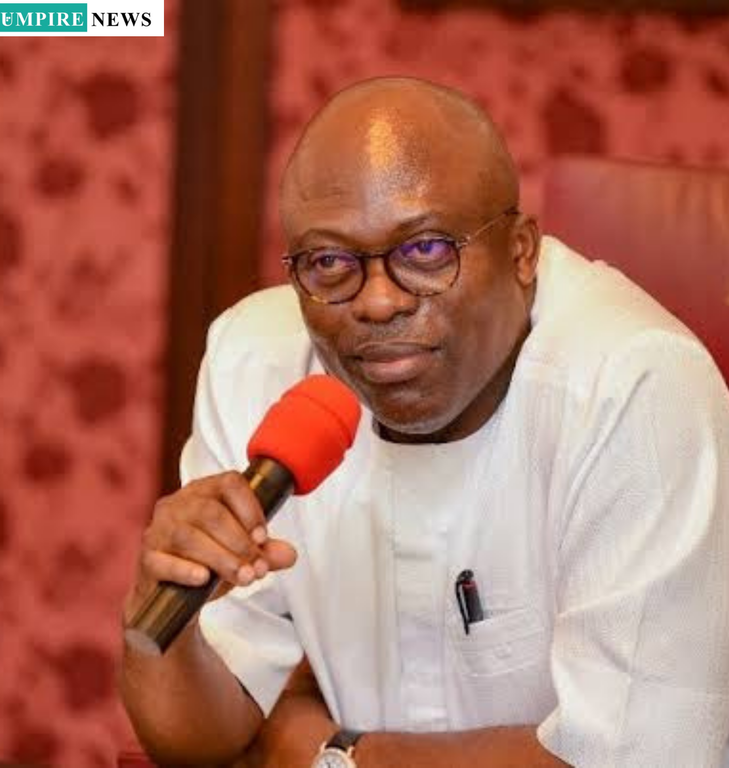
In their official statement, police spokesperson SP Grace Iringe-Koko highlighted the importance of following the court’s ruling, indicating that the police are bound by legal decisions.
“We are aware of the court ruling, and our legal department has advised that it takes precedence,” Iringe-Koko stated.
This situation raises questions about the balance of power between state officials and law enforcement, as well as the implications for the upcoming elections.
The local government elections, scheduled for Saturday, have become a contentious issue in Rivers State.
Fubara’s strong stance reflects not only his commitment to the electoral process but also the high stakes involved in local governance.
Many citizens are eager to see the elections held to ensure that their voices are heard and that local leaders are chosen through a democratic process.
As the election date draws near, the clash between Governor Fubara and the police chief highlights the complexities of maintaining order and legality in the electoral system.
The outcome of this standoff will likely have lasting implications for both the political landscape in Rivers State and the relationship between local government and law enforcement.


